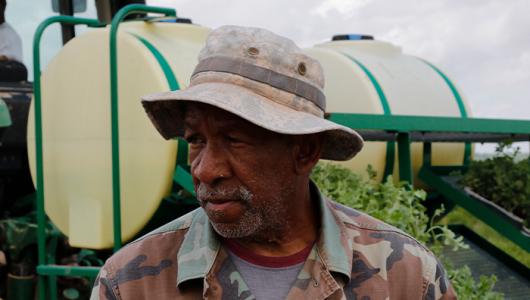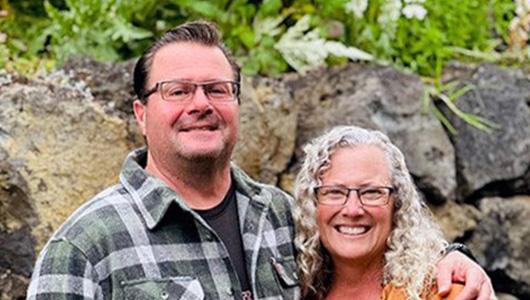This Friday visit Amanda Belle’s Farm in Springfield, Missouri, to see how CoxHealth and Springfield Community Gardens are collaborating to grow a unique opportunity within the limits of a city boasting nearly 175,000 residents. Set on a rare, undeveloped 20-acre parcel is a flourishing urban agriculture operation in the shadow of a sprawling CoxHealth medical campus. It’s hardly the place one would expect to find rows of vegetables waiting to be harvested, but that’s exactly what these partners have created since breaking ground in 2020.
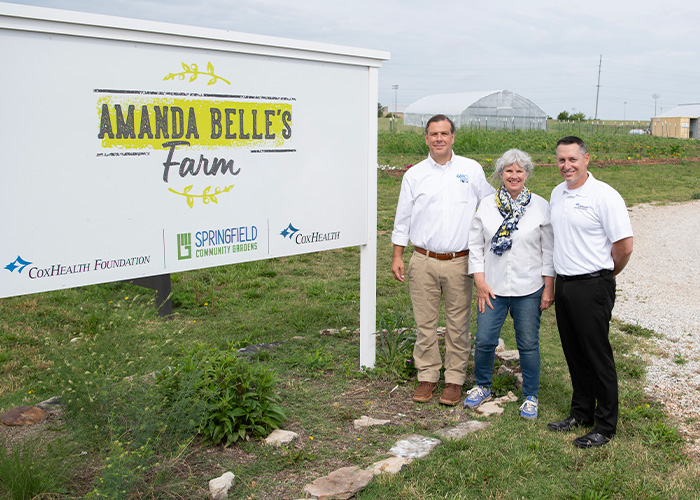
“Never did I imagine that I would be sitting in the middle of a hospital-based farm off Primrose Street,” said Administrative Director for Food and Nutrition Services for CoxHealth Jesse Baedke. “This has been a special project for our team to help bridge the gap of food, nutrition and health for the community.”
Amanda Belle’s Farm is a part of the USDA People’s Garden network. People’s Gardens empower communities to participate in local food production and provide diversity and resiliency to the food supply chain.
Community and Conservation
The farm started to take shape in 2019 after Springfield Community Gardens was awarded a grant through the Community Food Projects Competitive Grants Program, overseen by USDA’s National Institute of Food and Agriculture. Since then, the farm has continued to grow, as well as their opportunities.
“The CoxHealth hospital farm is what is known as a ‘farm incubator’ where we train beginning, underserved and veteran farmers in the practices of regenerative agriculture,” said Maile Auterson, the founding director of Springfield Community Gardens and a fourth-generation Ozarks farmer. “The hospital farm not only serves the patients and the employees, but we’re serving the community by getting back to our agricultural roots and our small farm model for the Ozarks. It’s a very visible site where people are learning to grow their own food and grow food for the community.”
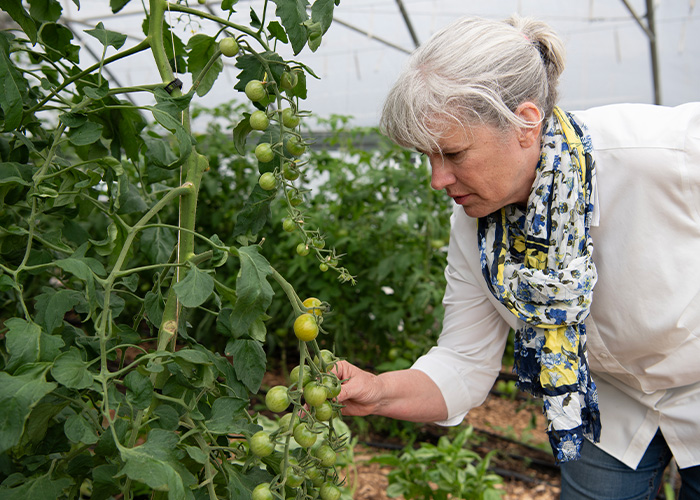
USDA’s Natural Resources Conservation Service (NRCS) helped CoxHealth and Springfield Community Gardens implement conservation practices on the 20-acre operation. With funds from the Environmental Quality Incentives Program (EQIP), they have built three high tunnels with solar-powered sides, added pollinator plots and drip irrigation lines, and purchased a cooling unit, among other improvements.
“The best types of foods that we can eat are the foods that we can grow ourselves,” Jesse said. “There’s lots of opportunities as we look to the future. Anything that we can do to help the land and our community become healthier, that is something we are striving to do.”
Supporting Local Residents and Local Farmers
Additionally, a grant received through the USDA Outreach and Assistance for Socially Disadvantaged and Veteran Farmers and Ranchers Program, also known as the 2501 Program, helped the farm to expand its scope and provide space to educate local farmers.
“The resources the USDA and Springfield Community Gardens have provided have been tremendous,” Jesse said. “We have a lot of areas of expertise within the healthcare system, but farming and agriculture, unfortunately, is not one of them. We couldn’t have pulled this project off without those additional organizations and resources.”
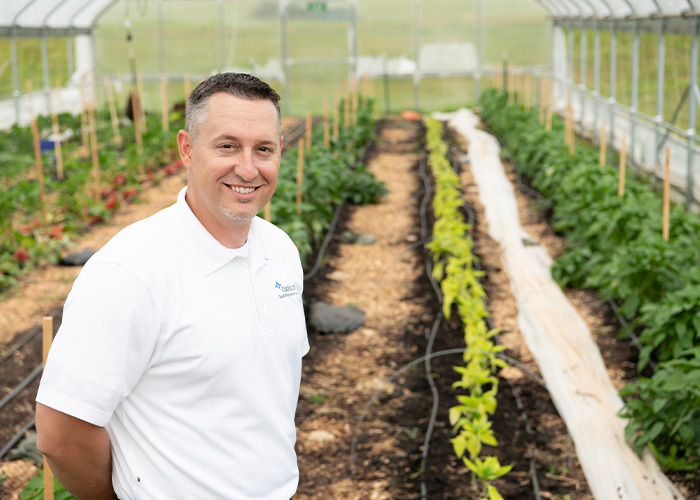
The various funding streams set them up to take a big step forward in 2023 with the creation of their HealthScripts program. The farm had been a part of a Community Supported Agriculture pilot program to provide employees with boxes of fresh produce on a limited bases while the farm was expanding its output. Now, with HealthScripts, the farm can provide employees and low-income patients with weekly boxes of produce from the garden.
Producing enough to give back to the community is a big accomplishment for CoxHealth, Springfield Community Gardens and NRCS staff. It’s a classic example of how partnerships can maximize a vision.
“From its inception, we have always wanted to be a model hospital farm,” Maile. “We’re one of five in the United States, and it’s very important that we are using best practices and being an example for other hospitals in towns our size who can also implement a hospital farm. The support and funding have just been vital to help start our hospital farm, keep it growing and expanding.”
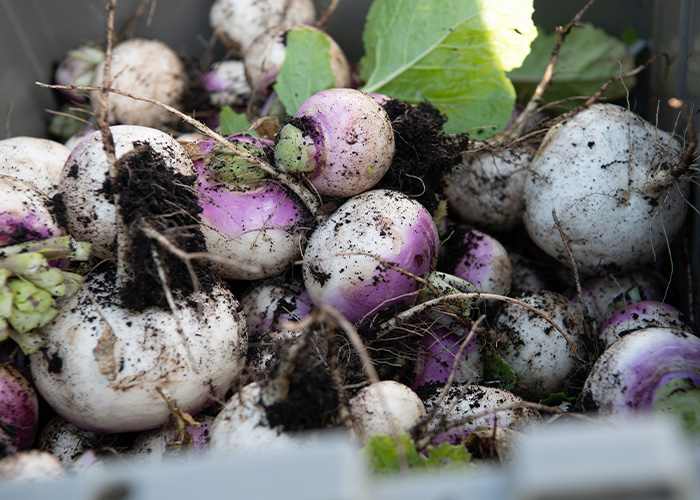
More Information
Visit local farms, ranches, forests, and resource areas through our Fridays on the Farm stories. Meet farmers, producers and landowners who are working to improve their operations with USDA programs.
USDA’s programs for urban producers help build infrastructure for urban agriculture. USDA’s Office of Urban Agriculture and Innovative Production provides grants and cooperative agreements to nonprofits, local governments, and other entities, as well as sets up Farm Service Agency urban county committees to increase producer input in delivering programs. Learn more at farmers.gov/urban.
USDA offers a variety of risk management, disaster assistance, loan, and conservation programs to help producers weather ups and downs in the market and recover from natural disasters as well as invest in improvements to their operations. Learn about additional programs.
For more information about USDA programs and services, contact your local USDA service center.
Joshua Colligan is a public affairs specialist for NRCS in Missouri.

